This set of books needs to inherit the quintessence of current sets, ensuring scientificity , flexibility, suitability to teaching practices and regional characteristics.
Combining the best of current book series
With many years of direct teaching and accessing textbooks in the 2018 General Education Program, Mr. Nguyen Van Tuan - Head of the History - Geography Group, Nguyen Hue Secondary School (Hai Chau, Da Nang City) commented that each current set of books has outstanding values so it can be referenced and combined. The construction of a unified set of books should select and inherit the quintessence of each set of books in circulation.
According to Mr. Tuan, the common textbooks must be compiled in an integrated and reasonably differentiated manner, helping students learn flexibly according to their abilities, regions and socio- economic conditions. The textbooks need to have a compulsory core part and an extended, supplementary part, helping teachers proactively adjust the content to suit local realities. The book design needs to be modern, intuitive, enhance digital learning materials and experiential activities, aiming for a friendly and attractive learning environment.
Mr. Tuan also suggested that the process of developing textbooks should involve a team of practical teachers from different regions, because they are the ones who understand the students' abilities, teaching conditions and local cultural characteristics. The review and testing should be organized seriously and objectively to ensure feasibility and effectiveness in practice.
At the primary level, Ms. Nguyen Thi Thu Phuong - teacher at Le Dinh Chinh Primary School (Hoa Cuong, Da Nang City) believes that integrating and inheriting from current textbooks is necessary. We should not start from scratch, but need to select the best of the textbooks currently in use. There are textbooks that clearly show local characteristics, and there are books that are strong in lively learning activities - these are all points that need to be inherited.
According to Ms. Thu Phuong's suggestion, the unified textbook series should integrate active teaching methods that have been proven effective such as learning through experience, small projects, games, STEM, etc. to help students learn easily but effectively.
At the same time, a diverse editorial team should be established, including scientists, current book authors and direct teachers, so that the content is both theoretically based and close to classroom practice. “Before finalizing, it is necessary to widely collect opinions from teachers nationwide so that the book series truly becomes “a book for teachers and learners,” Ms. Phuong emphasized.
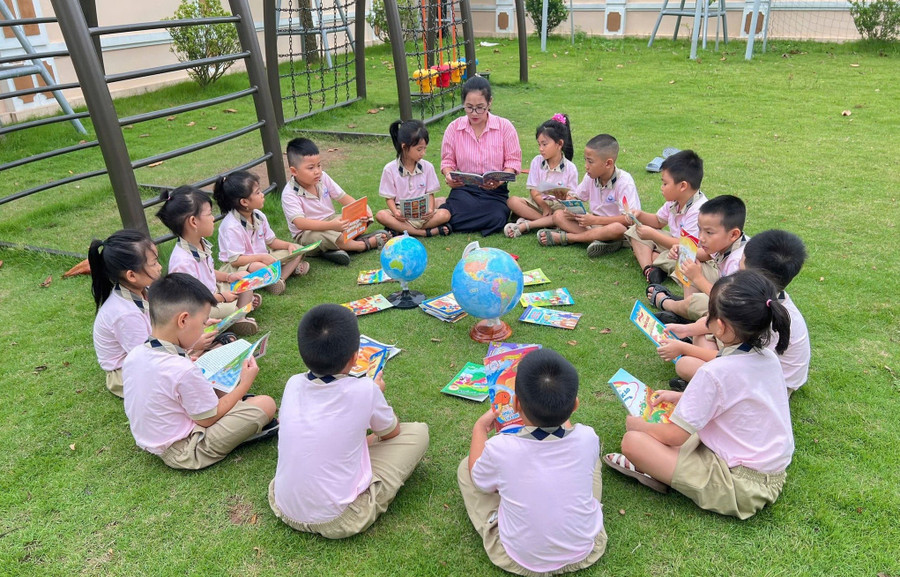
Ensuring equity and quality of education
Believing that textbooks are important learning support tools, helping teachers organize effective teaching activities and students proactively acquire knowledge; Ms. Nguyen Thi Tho - teacher at Ly Nhan Tong High School (Tan Minh, Ninh Binh) acknowledged that current textbooks all have their own advantages, with systematic, updated knowledge, clear layout, and aim to develop self-study capacity.
“The clearest proof is that the results of the 2025 High School Graduation Exam were relatively positive,” Ms. Tho cited. From that reality, she believes that the current textbooks are valuable sources of materials that need to be researched and refined when compiling a common, unified set of textbooks nationwide.
From her teaching experience, Ms. Tho suggested that the new set of books should reflect the inheritance and interaction between the current sets of books, ensuring a logical flow of knowledge, easy to access and a system of questions and exercises to guide the development of learners' qualities and abilities. In addition to the content, the presentation, colors, and drawings should also be appropriate to the age of the students, able to be used for a long time, avoiding waste.
Sharing the same view, Ms. Pham Thi Nhu Hoa - Literature teacher, Le Hong Phong High School for the Gifted (Nam Dinh, Ninh Binh) commented that in the current book series, there are many parts that are close, lively, and rich in educational value. The unified book series should be distilled and synthesized with good parts and outstanding advantages instead of completely rewriting, to save time, and at the same time help teachers and students not to be confused when converting.
From a management perspective, Mr. Nguyen Hai Son - Principal of Hai Xuan Secondary School (Ninh Binh), said that it is important to clearly define the principles for building a common set of books. This set of books needs to ensure national standards, be easy to apply and support innovation in teaching methods. Books should not be too theoretical but must be linked to practice, experiential activities, and develop students' abilities.
According to Mr. Son, the common textbook set needs to become a "unified knowledge framework" for students nationwide, ensuring fairness in access to knowledge, connectivity between levels of education and integrating moral education, life skills, and digital transformation capacity - core elements of the new era.
“The new textbooks should not be a 'technical copy' of the program, but must reflect Vietnamese cultural identity, helping students develop comprehensively in knowledge, qualities and abilities,” Mr. Nguyen Hai Son emphasized.
Necessary and practical steps
Expressing his agreement with the policy of building a unified set of textbooks, Meritorious Teacher Nguyen Van Ngai - former Deputy Director of the Department of Education and Training of Ho Chi Minh City affirmed that this is a necessary step and consistent with teaching practice, aiming to create convenience and equality in education, helping all students across the country have equal opportunities to access knowledge.
However, the Editorial Board needs to review and evaluate the current textbooks carefully, thereby distilling the positive points, inheriting the advantages and eliminating the limitations. This approach will help to form a complete, scientific textbook, saving time and effort, while ensuring high feasibility when put into teaching.
According to Mr. Ngai, the compilation work is not only the work of scientists or managers, but also requires the participation of teachers who directly teach in the classroom. They are the ones who understand the reality of teaching, understand the characteristics of students and the specific needs of each region and each level of education. The voice from the practice of teachers will help the content of the book become closer, easier to apply and more suitable for learners.
At the same time, the textbook appraisal process must be strongly reformed. The appraisal council needs to gather experts with professional capacity, practical experience and a high sense of responsibility. Only when the appraisal is serious and objective, the quality of textbooks can be guaranteed, avoiding formalities or errors that affect the teaching and learning process.
Another issue that Mr. Ngai particularly noted is that the unified textbook series must pay attention to the differences in students' learning ability. He proposed dividing the content into two levels: Basic knowledge - required for all students to master, and the extended knowledge - for good and excellent students.
This approach helps increase flexibility in teaching, meeting the diverse needs of learners. At the same time, the compilation needs to be carried out scientifically, reasonably in terms of duration, appropriate to the psychology of the age group, avoiding mechanically combining content from many different book series.
In addition, when building a common set of textbooks, it is necessary to ensure selective inheritance from current textbooks, absorb the quintessence and eliminate inappropriate points that have been revealed in practice. According to Mr. Ngai, having a unified set of textbooks does not contradict the policy of diversifying teaching materials.
The unified set of books can be considered as “standard books”, serving as the main basis for teaching, testing and assessment, while other sets of books can still be used as reference materials to enrich teaching and learning activities.
Agreeing with the need to build a unified set of textbooks nationwide, Mr. Pham Van Hoa - National Assembly delegate of Dong Thap province said that this policy not only ensures fairness in education, but also helps save budget, stabilize learning content and reduce the burden on teachers and parents.
The compilation of the book series must be based on clear and transparent principles and criteria; the selection and evaluation process must be public, with the participation of independent experts to ensure objectivity, not being dominated by group interests. The content of the book must be accurate, modern, suitable for the psychology of the age group, reflecting the cultural and historical values of the nation and aiming to develop the qualities and abilities of the learners.
According to Mr. Hoa, the new set of textbooks chaired by the Ministry of Education and Training needs to inherit the advantages of the existing sets of textbooks. However, the inheritance must be based on clear, transparent and objective principles and standards, in order to create a truly high-quality set of national standard textbooks, strengthen social trust and contribute to improving the quality of education.
According to the National Assembly delegate of Dong Thap province, the new set of textbooks must specify the requirements of the general education program regarding the goals, educational content, requirements on students' qualities and abilities; at the same time, closely follow the orientation of teaching methods and methods of testing and evaluating educational quality.
Textbook appraisal must be done by the National Council. This Council must be regulated and established by the Minister of Education and Training for each subject, educational activity at each level and class to appraise textbooks. Of course, the Council and its members must be responsible for the content and quality of appraisal.
The Minister of Education and Training approves textbooks for use in general education institutions after they are appraised and classified by the National Council for Textbook Appraisal; prescribes standards and procedures for compiling and editing general education textbooks.
Mr. Nguyen Van Ngai affirmed that if carefully prepared, meticulously compiled and seriously evaluated, a unified set of textbooks will contribute to improving the quality of education, creating fairness in access to knowledge and promoting the even development of education across the country.
Source: https://giaoducthoidai.vn/hien-ke-xay-dung-bo-sach-giao-khoa-thong-nhat-post753814.html




![[Photo] Prime Minister Pham Minh Chinh and South African President Matamela Cyril Ramaphosa attend the business forum](https://vphoto.vietnam.vn/thumb/1200x675/vietnam/resource/IMAGE/2025/10/24/1761302295638_dsc-0409-jpg.webp)
![[Photo] President Luong Cuong chaired the welcoming ceremony and held talks with United Nations Secretary-General Antonio Guterres](https://vphoto.vietnam.vn/thumb/1200x675/vietnam/resource/IMAGE/2025/10/24/1761304699186_ndo_br_1-jpg.webp)
![[Photo] Prime Minister Pham Minh Chinh chairs conference on breakthrough solutions for social housing development](https://vphoto.vietnam.vn/thumb/1200x675/vietnam/resource/IMAGE/2025/10/24/1761294193033_dsc-0146-7834-jpg.webp)
![[Photo] Solemn funeral of former Vice Chairman of the Council of Ministers Tran Phuong](https://vphoto.vietnam.vn/thumb/1200x675/vietnam/resource/IMAGE/2025/10/24/1761295093441_tang-le-tran-phuong-1998-4576-jpg.webp)
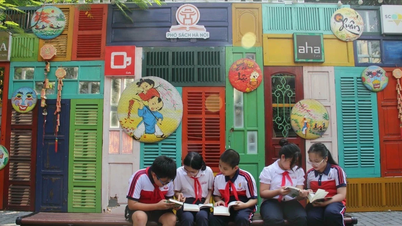

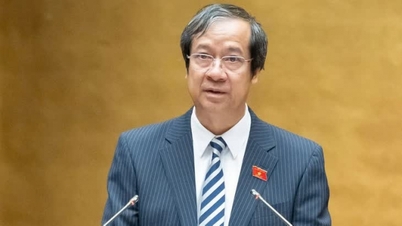

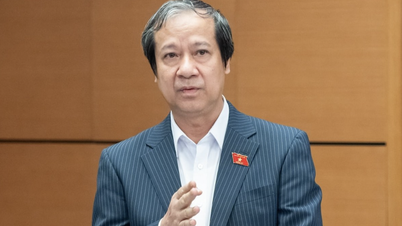

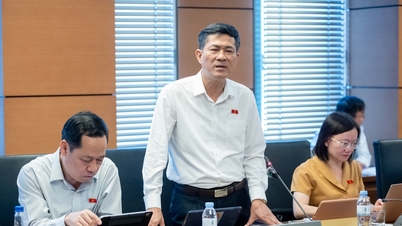

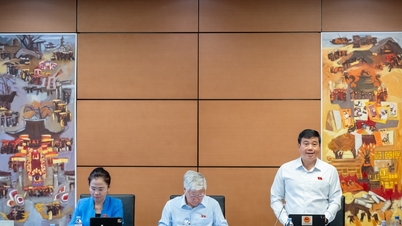
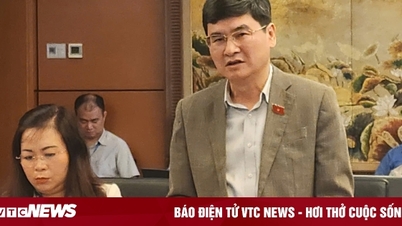

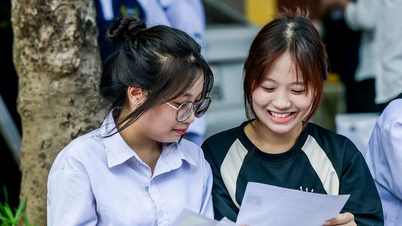
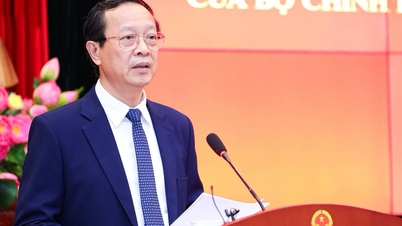

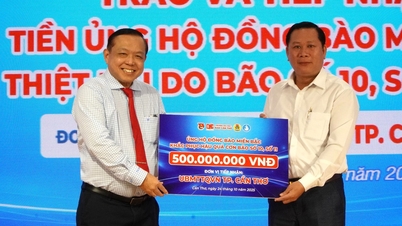
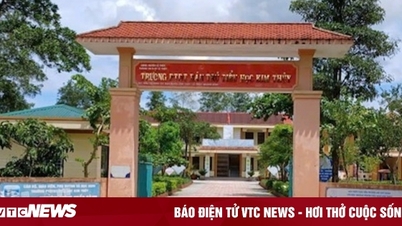
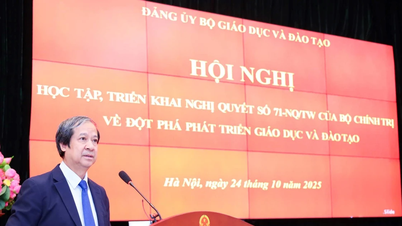
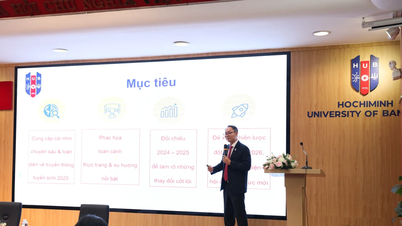




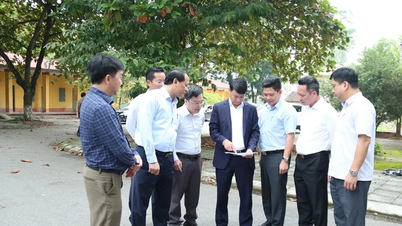
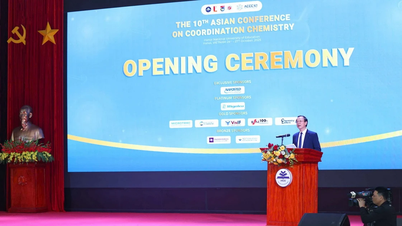
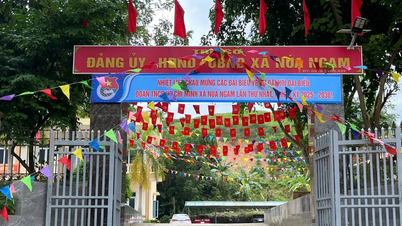

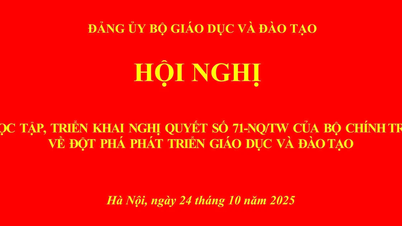
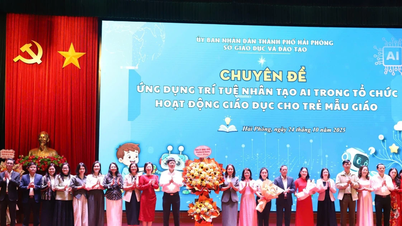




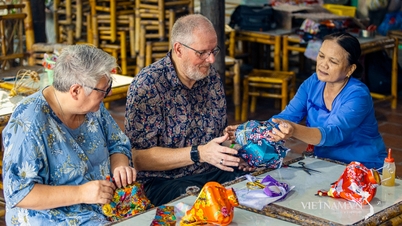





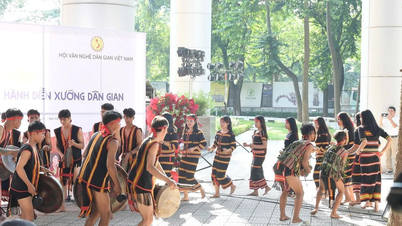





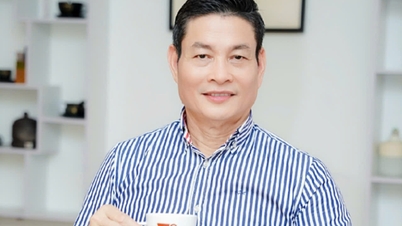
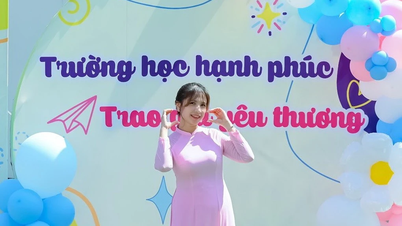




















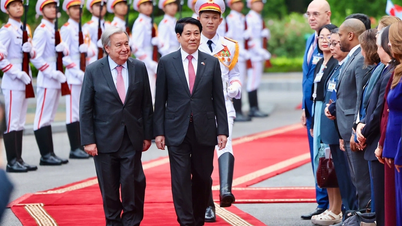



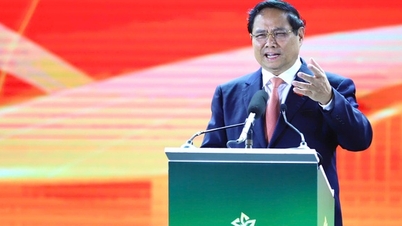
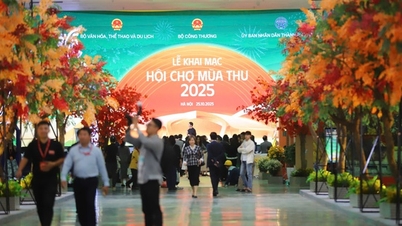
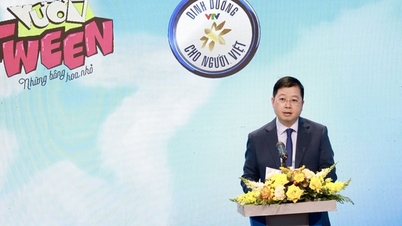
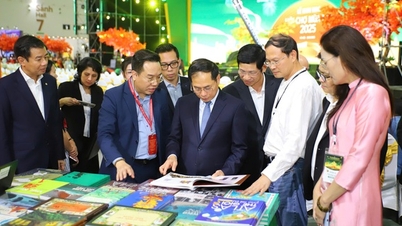
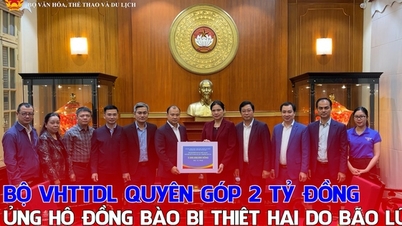

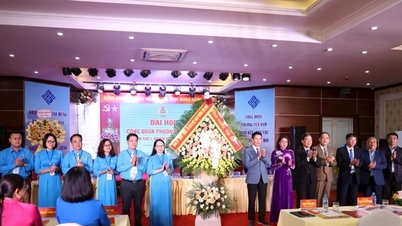

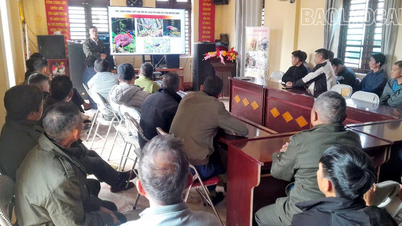
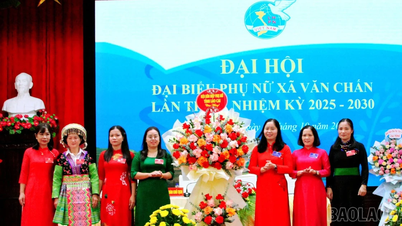



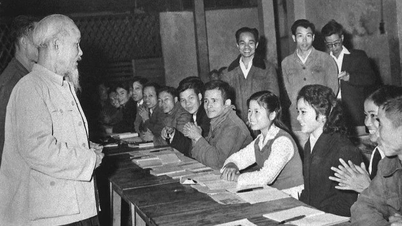
















Comment (0)